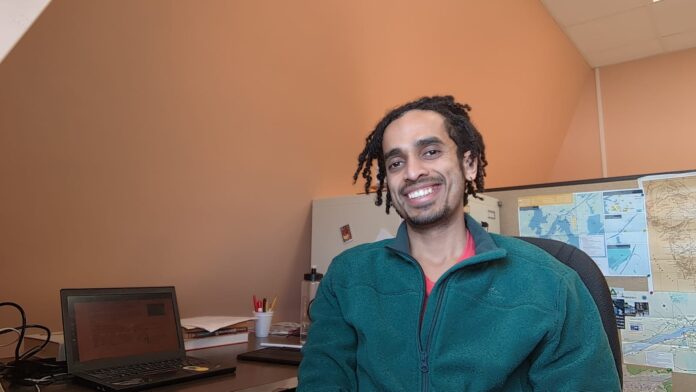

The New Brunswick Coalition for Tenants Rights (NBCTR) is objecting the federal government’s recent international student cap, claiming that international students are being unfairly blamed for the current housing crisis.
On Jan. 22, Immigration Minister Marc Miller announced that the federal government will cap the number of international student permits over the next two years. The cap is a response to concerns about how a growing international student population is impacting the housing crisis.
NBCTR disagrees with the federal government’s decision. The organization claims the federal government is using international students as “scapegoats” for the housing crisis, instead of addressing issues like the lack of tenant’s rights, rent control and creating more affordable housing.
Related: ‘We don’t have the same issues’: STU reacts to new international student cap
Nomaan X, the coalition spokesperson and physics professor at the University of New Brunswick, said the federal government’s decision to impose the cap is misleading.
X said the housing crisis will not be fixed by restricting the number of students. He said the government is still not investing in building more affordable housing or implementing real estate restrictions on investment companies who mass acquire buildings to reposition them and put them back in the market for higher prices.
“They are taking the easy way out and putting the issue on immigrants,” he said.
X said the coalition believes that instead of alleviating the housing crisis, the cap will only strain the Canadian economy even more. Since many international students contribute to the country’s economy, not only through tuition but also serving as a part of the labour force.
“A lot of the Canadian economy is based on international students,” said X. “You walk into any fast food joint, walk to Walmart, Costco, most people working in those places are international students working on the side, and that is essential, in a lot of ways, to the Canadian economy.”
The coalition has been working on a press release announcing their opposition against the immigration cap. However, X said that gathering the support of international students to fight this issue has been challenging.
“Student bodies tend to be more diverse, and they don’t really want to give political statements,” said X. “They’ve been very hesitant in putting their names in a statement that’s talking about government policy.”
X added the coalition is hoping to create more awareness campaigns to motivate international students to use their voices to protest against the cap.
“Students have to get out of their comfort zone at some point,” said X. “The systems around you will try to make you invisible, so it’s important for students to come out and make their voices heard.”
